-
2020-2021 Budget Newsletter: Proposed budget keeps tax levy nearly flat, maintains educational program
-
Glens Falls City Schools 2020-2021 Budget Book
-
June 1: Public Hearing on the Proposed Budget: Slides
-
View the Absentee Ballot
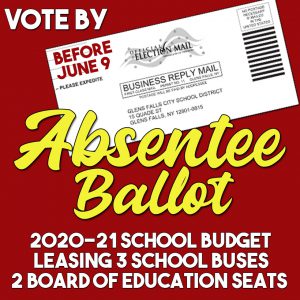
Budget Proposal at a glance
- Total proposed budget, 2020-21: $46,504,866
- Spending increase (percentage) over 2019-20: 4.38%
- Spending increase (dollar amount) over 2019-20: $1,951,016
- Total tax levy: $21,603,964
- Tax levy percentage increase: 0.05%
- Tax levy dollar amount increase: $10,442
- Maximum allowable (tax cap): 0.05%
June 1, 2020: Budget Hearing from Glens Falls City Schools on Vimeo.
Live stream recording of Glens Falls City School District 2020-21 Proposed Budget Public Hearing
School budget proposal for 2020-21: Vote by universal absentee ballot by June 9, 2020
A strategic debt pre-payment and use of the district’s fund balance savings has enabled the Glens Falls Board of Education to adopt a $46.5 million budget proposal for the 2020-21 school year. The plan preserves the full educational program, prepares for possible new learning parameters in light of COVID-19, and keeps the tax levy virtually flat, remaining sensitive to what our community can support in this economic time.
“Fortunately, we’re in a good position to continue our program and staffing,” says Superintendent Paul Jenkins.
“We’ve anticipated funding cuts and new social-distancing requirements from the State within this budget,” he continues. “With these changes happening so quickly, it didn’t make sense to us to make widespread cuts, not knowing what September and a very different-looking school year may bring.”
The proposed budget uses $3.6 million in savings from the district’s fund balance, along with pre-payment of a 2012 serial bond to balance the spending plan for next year. If approved by voters’ absentee ballots, it would increase the tax levy by 0.05 percent over current year.
“Our guiding principle was, how can we be as responsible as possible to the taxpayer, knowing that we are all in this unprecedented situation,” says Asst. Superintendent for Business Bobby Yusko. “Given the circumstances, this is the most fiscally prudent decision we could make for our community.”
Materials from the Board’s audit and finance committee meetings are available online at www.gfsd.org, under “About Us -> School Budget.”
Ballot proposition to replace old school buses
Besides the budget, there is one ballot proposition to enter into five-year leases for three (3) 66 passenger school buses, at a total amount of lease payments not to exceed $61,000 per year and the total lease payments for the five year leases would be at an amount not to exceed $305,000. These buses will replace three of our oldest buses, which are becoming costly to repair.
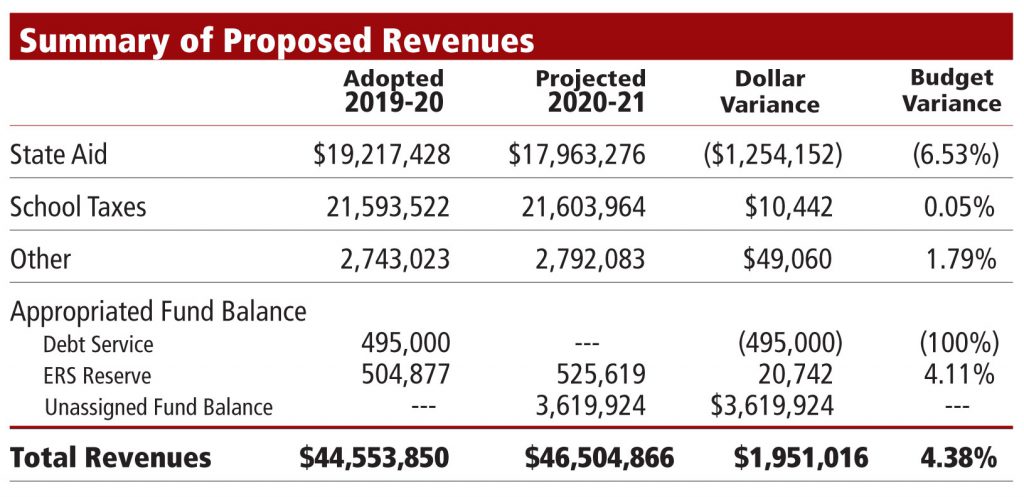
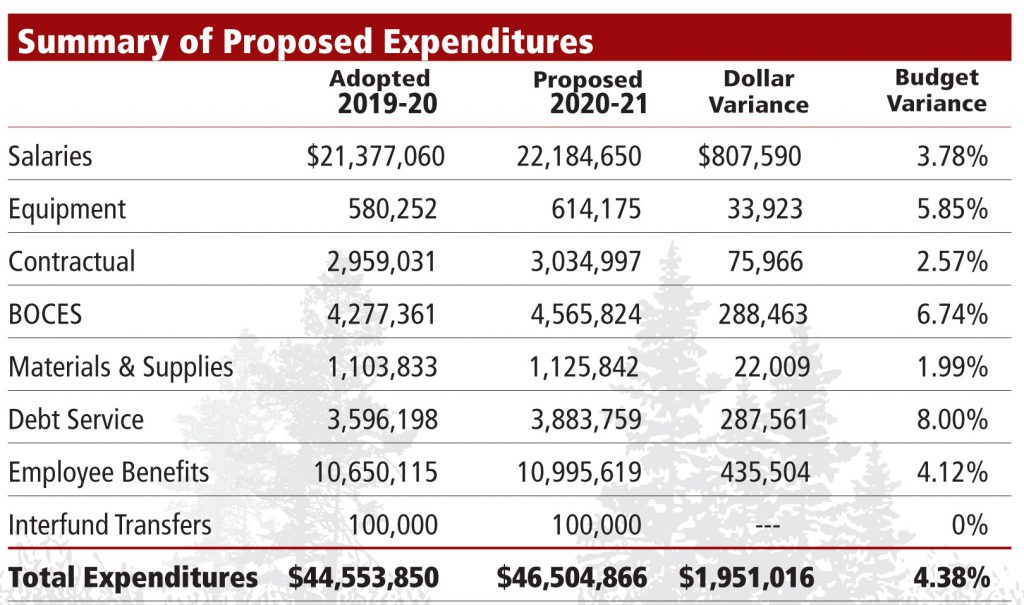
Two seats open on the board in June 2020
This June, voters will have the opportunity to elect two community members to the Glens Falls City Schools Board of Education. Learn more about board member responsibilities and requirements here.
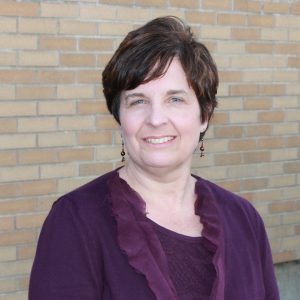 Mrs. Kelly M. Culliton of 38 Lincoln Avenue is seeking her second term on the Board of Education. She is a Teacher at Bluebirds’ Nest Preschool.
Mrs. Kelly M. Culliton of 38 Lincoln Avenue is seeking her second term on the Board of Education. She is a Teacher at Bluebirds’ Nest Preschool.
“I am seeking election to continue to advocate for the students, staff, parents and community members of the Glens Falls School District.
As a School Board member, I have worked collaboratively with my fellow board members and school administration to set district goals, to adopt school policies and to approve annual budgets that support those goals.
I have had a special interest in the mental health of our students and staff and have attended many workshops on that topic.
For the past 16 years, the Glens Falls School District has been a huge part of my life as a parent, a PTA member and officer and as a school board member.
While my two children have graduated now, it is my hope that the children of this District have as wonderful an educational experience as they have had.”
 Mr. Timothy J. Graham of 4 Elizabeth Street is seeking his second term on the Board of Education. He is retired from Glens Falls City Schools.
Mr. Timothy J. Graham of 4 Elizabeth Street is seeking his second term on the Board of Education. He is retired from Glens Falls City Schools.
“Glens Falls City School District was a major part of my life over 32 years as a teacher, parent of 3 well educated children, and taxpayer.
I have an understanding of the day to day workings of a school. I feel that I can still have a positive effect on the school and our community in remaining on the board.
I am aware of the importance of our school as a focal point in our community. I feel that I can help meet the needs of our students for the future.”
Budget Vote by Universal Absentee Ballot: June 9, 2020
The 2020-21 School Budget and Board of Education elections must be held by absentee ballot this year, per the Governor’s Executive Order. There will be no in-person voting.
Qualified voters will automatically receive an absentee ballot in the mail to cast their vote and send back to the district, postage paid. Ballots must be received in the district office by 5 p.m. on Tuesday, June 9, 2020.
The district office, at 15 Quade Street, is open from 10 a.m.—2 p.m. Monday, Wednesday, & Friday during NY on PAUSE.
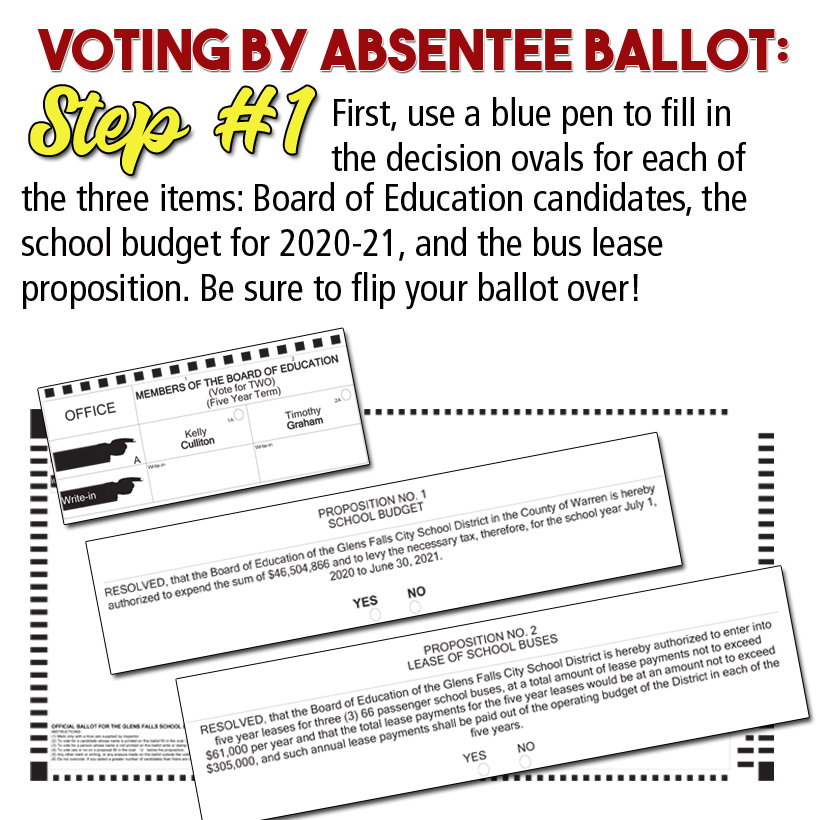
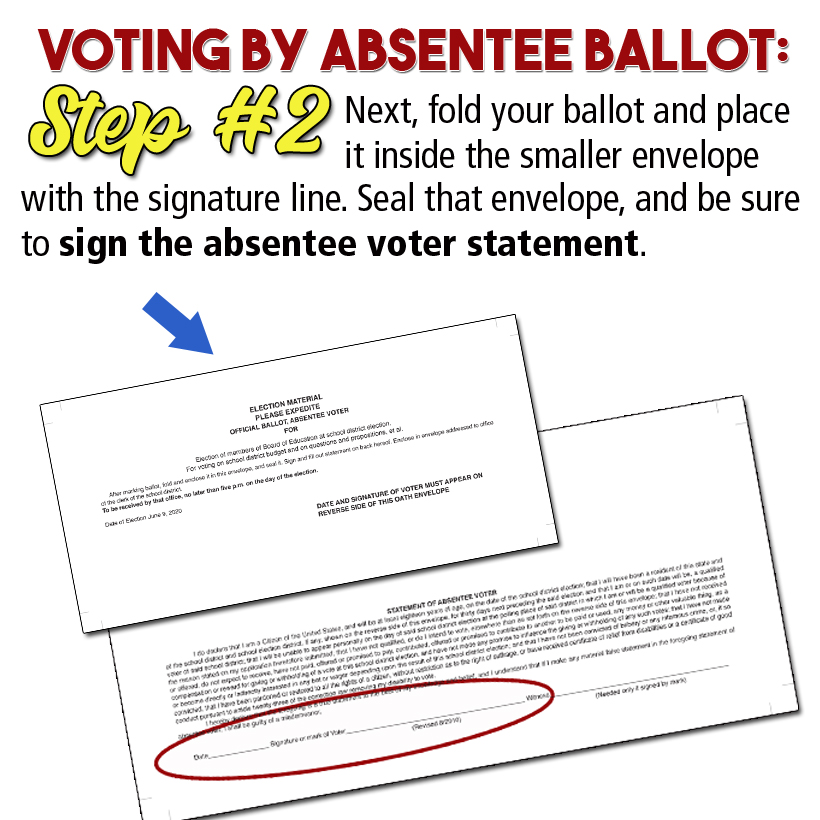
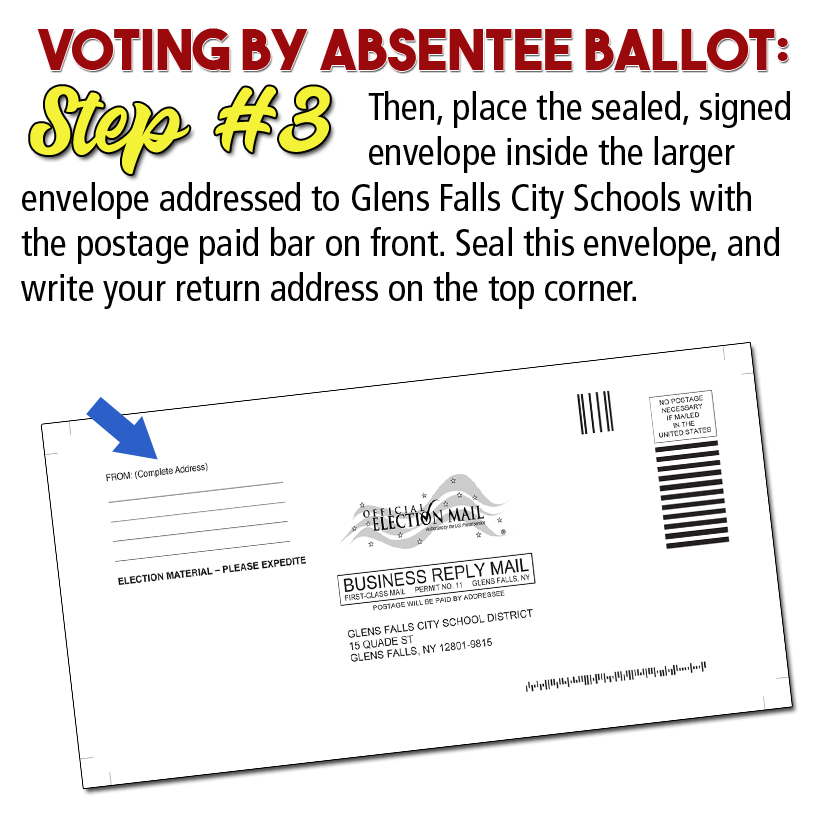
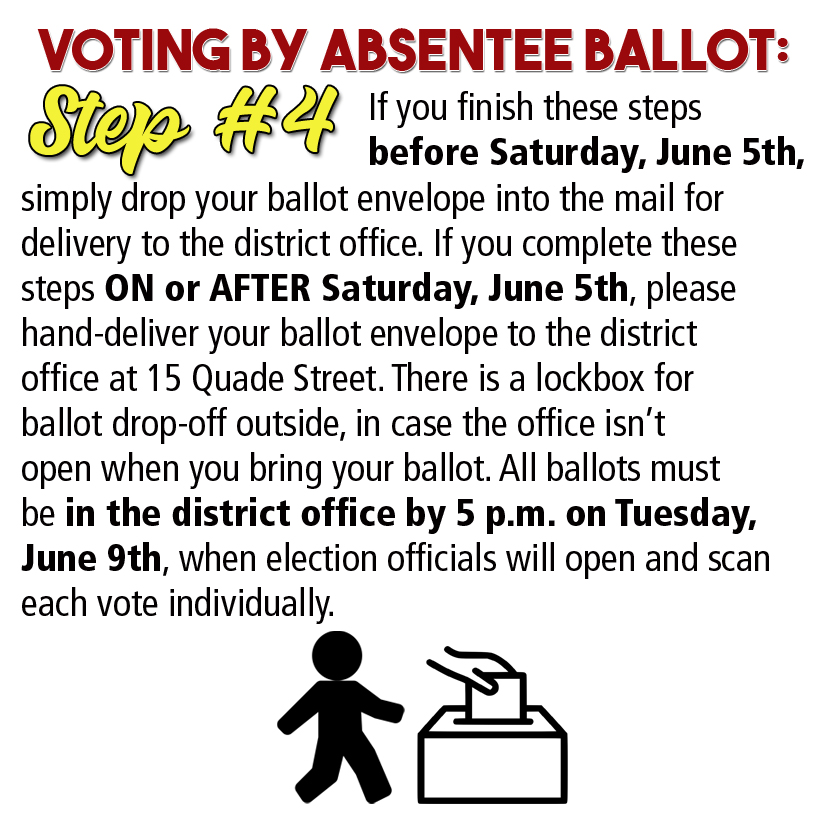
Three-part budget
All public schools in New York State are required to report appropriations in three official categories: program, capital, and administrative. The following data shows how Glens Falls’ budget breaks down under this formula:
- Program spending: $35,116,826 (75.51% of total)
- Capital spending: $7,643,053 (16.44% of total)
- Administrative spending: $3,744,987 (8.05% of total)
